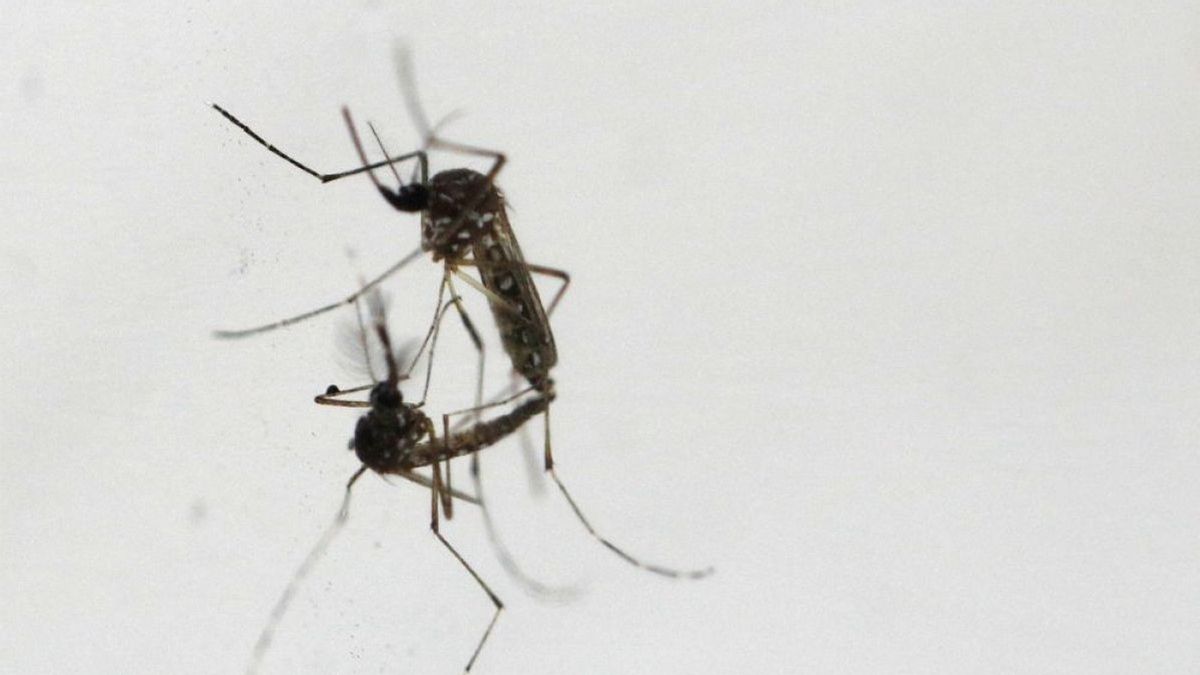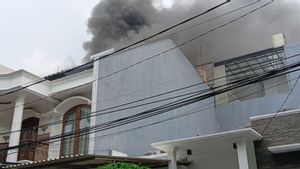JAKARTA - The Ministry of Health (Kemenkes) has expanded the trial of releasing Wolbachia mosquitoes in four urban villages in Ujung Berung District, Bandung City, West Java, to control Dengue.
"The planned timeline in 2024 will be released in four other urban villages in Ujungberung District," said Director of Prevention and Control of Infectious Diseases at the Ministry of Health, Imran Pambudi, confirmed in Jakarta as quoted by Antara, Sunday, March 31, 2024.
Reporting from the official website of the Bandung City Government (Pemkot), Ujungberung District has an area of 1,035,411 hectares, with a population of 67,144 people.
The districts, which are known for their martial arts, are administratively divided into seven urban villages, 71 neighborhoods, and 330 neighborhoods, namely Pasir Endah Village, Cigending Village, Pasir Wangi Village, Pasir Jati Village, Pasanggrahan Village, Ujungerung Village, and Cisaranten Wetan Village.
In addition to the four new urban villages in Ujungberung, said Imran, the Ministry of Health will also target one other sub-district in Bandung City which has the highest Dengue cases as a continuation expansion of the release of Nyambuk with Wolbachia.
The Ministry of Health's report until the 10th week of 2024, Bandung City is the city with the highest Dengue cases in Indonesia reaching 1,301 cases and quite high deaths reaching seven people.
Imran said that the expansion of the Dengue control trial in the region had gone through the determination of a memorandum of agreement between the Ministry of Health and the Bandung City Government on March 18, 2024.
SEE ALSO:
Until now, said Imran, only one sub-district in Ujungberungyakni Pasanggrahan sub-district has been carrying out the spread of Wolbachia mosquitoes since the end of 2023.
Innovation of the Dengue prevention program with the technology of Wolbachia mosquitoes has gone through trials conducted by Gajah Mada University (UGM), the Tahija Foundation, and Monash University for approximately 10 years.
Wolbachia is a natural, symbionic bacteria commonly found in arthropods, with a mechanism to inhibit the replication of dengue viruses played by Wolbachia.
The results of the research that took place in Yogyakarta were able to reduce 77 percent of Dengue's Incidence Rate (IR) and reduce the risk of hospitalization by 86 percent.
Based on this consideration, the Ministry of Health adopted Wolbachia technology by issuing Minister of Health Decree No. 1341 of 2022 concerning the Implementation of Wolbachia Technology Project Pilots in five cities, namely Semarang, Bontang, West Jakarta, Kupang, and Bandung.
The English, Chinese, Japanese, Arabic, and French versions are automatically generated by the AI. So there may still be inaccuracies in translating, please always see Indonesian as our main language. (system supported by DigitalSiber.id)
















